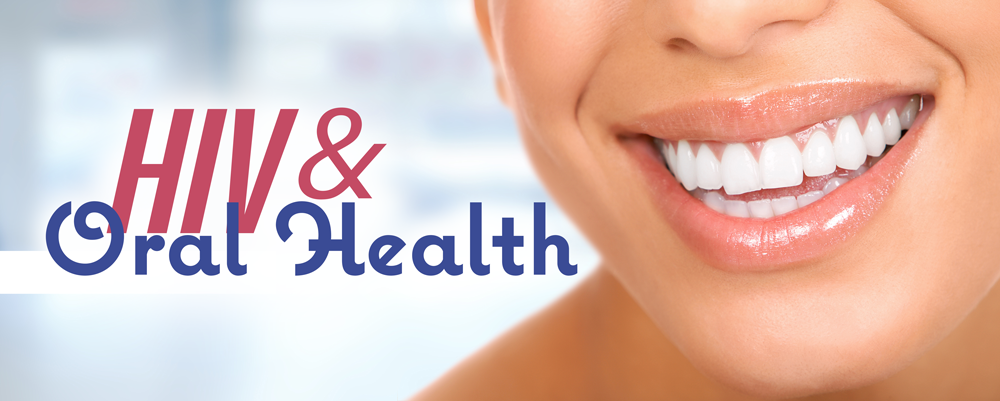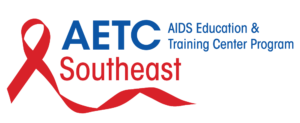
Oral Health Care and HIV-101
By: Mark Schweizer, DDS MPH
Director of Development and Special Projects
Dental Director Southeastern AIDS Training and Education Center
Nova Southeastern University College of Dental Medicine
[email protected]
Persons living with HIV/AIDS (PLWHA) experience a high incidence of oral health problems. Between 32 and 46 percent of PLWHA will have at least one major HIV-related oral health problem; bacterial, viral, and fungal infections as well as cancer and ulcers in the course of their disease.1 More alarming is that up to 65 percent of PLWHA do not receive dental care. 2
Here are some important points to remember about HIV and oral health:
- Functional and proper oral health is necessary to receive adequate nutrition.
- Poor oral health leads to serious oral infections and links to diabetes, stroke, and cardiac diseases
is well established. - Oral health issues can often be the first sign of HIV and is a predictor of HIV progression and probability.
- Oral infections and poor dental health can stress a weakened immune system.
HIV/AIDS Bureau Performance Measures for Oral Health include the following:3
- Yearly dental and medical history
Yearly dental treatment plan- Oral health education
- Periodontal screening or examination (A complete examination is recommended and required by most state statutes)
- Phase I treatment plan completion (Includes the elimination or control of all active oral disease)
What can the health professional do to meet these standards?
Include oral health questions in your patient appointments, such as:
- Do you have any oral sores, pain, swelling, bleeding, or trouble eating?
- When was your last dental visit?
Assist patient in referrals for regular dental care.
Follow up and encourage patients to keep scheduled dental appointments.
Include other providers in the continuum of care to assist patients.
